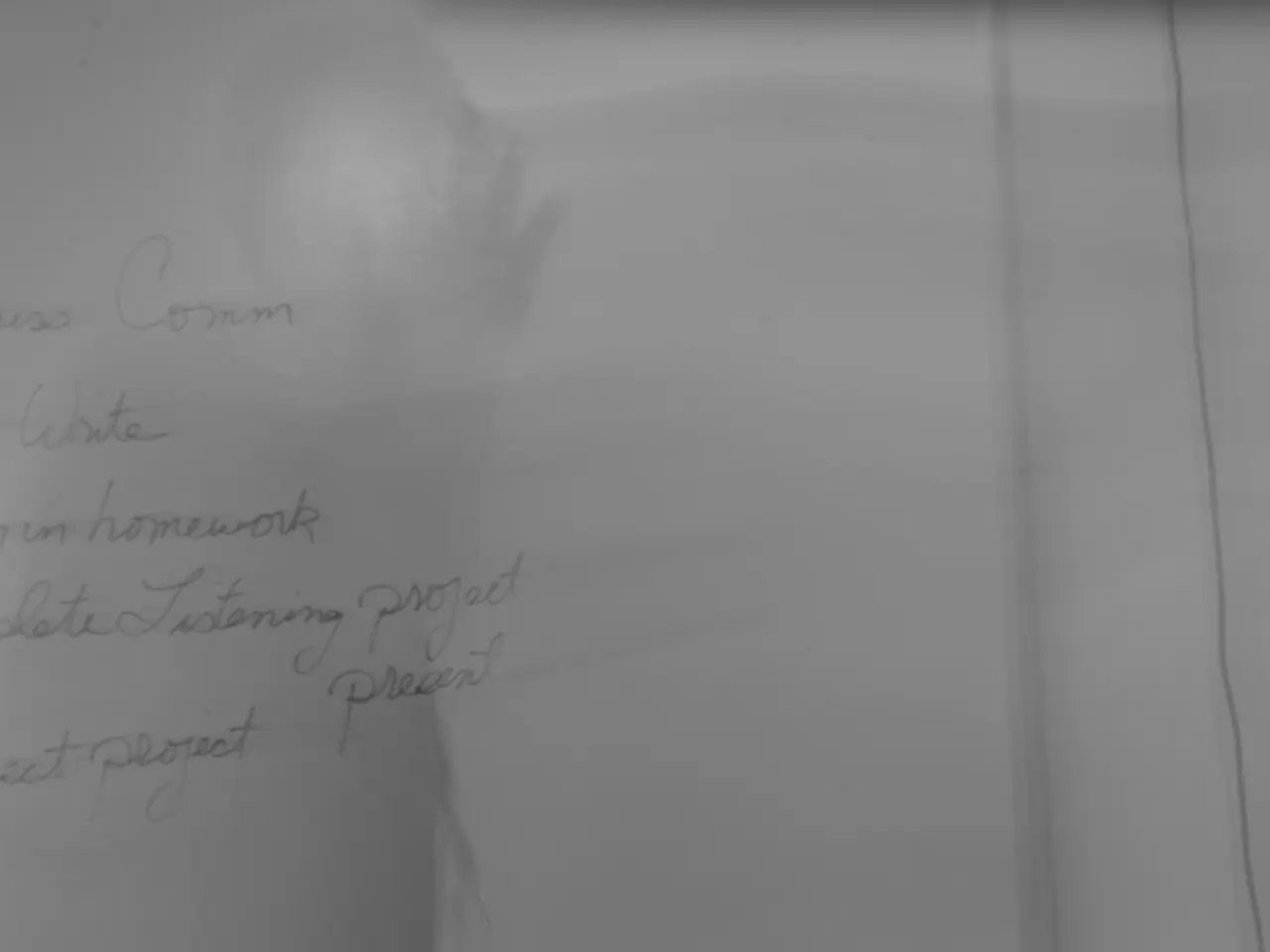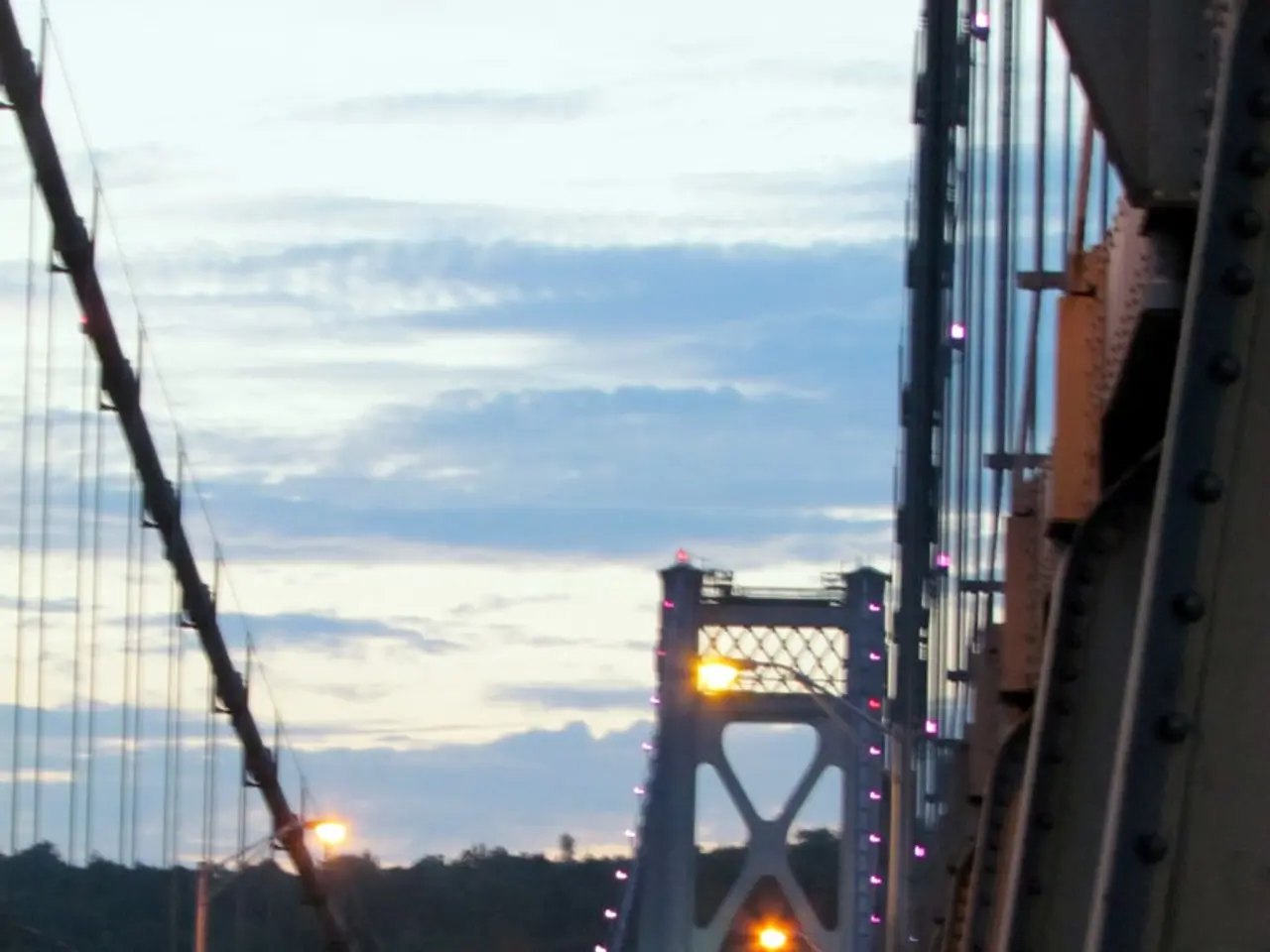Plummeting confidence among British consumers yields historic lows, marked by widespread despondency.
🚨 Buckle up, folks! The consumer confidence barometer's taken a massive dip, plunging three points to a bone-chilling -44, according to GfK'sConsumer Research panel's latest survey. That's a record low since the survey began back in 1974, with economists only expecting a smaller decline to -42. Ouch!
This abysmal drop reflects consumers' growing pessimism about their personal finances and the overall economic situation. Joe Staton, GfK's sharp-eyed expert, sums it up nicely, "All values fell, reflecting acute concerns about rising living costs." Yeah, it feels like despair is the name of the game right now.
The UK's dealing with a staggering inflation rate—a whopping 10.1% rise in the cost of goods and services in July compared to the same time last year. Energy's the main culprit, but consumers are also feeling the pinch from soaring food prices. Economists predict that inflation will hit over 13% in the autumn, with the potential to trigger a recession that lasts longer than a Coldplay concert.
Things are getting so tough that the supermarket chain Iceland Foods is rolling out an interest-free food loan program for struggling families. Working with the non-profit lender Fair For You, customers can get small loans (£25 to £100) for food purchases, repayable weekly. It's a creative solution, but it raises the question: is this really how bad things have to get before we start helping each other out?
Amidst the gloom, the UK government's implemented a few measures to help households manage their costs and inflation. These include:
- Direct financial support, such as a one-off £780 payment for certain recipients and a £1,200 cost-of-living boost for vulnerable groups.
- Benefit adjustments, like increased benefits for Universal Credit, PIP, and State Pension, and a 4.1% rise in State Pension under the triple-lock mechanism in April 2025.
- Tax adjustments, like an increase in Employers' National Insurance and Business Asset Disposal Relief rates, as well as frozen tax thresholds creating "stealth" fiscal drag.
- Public spending cuts to balance the budget, and stabilized public debt at 95.8% of GDP.
- Local support schemes, like the Household Support Fund for council-administered aid and fuel cost grants under consideration.
But critics argue that these measures don't go far enough. With benefits increasing by just 1.7% relative to inflation and tax thresholds frozen, ongoing pressure remains for many families struggling to make ends meet. So buckle up, it's gonna be a bumpy ride—but hey, if we stick together, we might just weather the storm! 💪💪💪
[1] The Guardian: https://www.theguardian.com/uk-news/2023/mar/24/cost-of-living-uk-budget-statement-fact-check[2] BBC News: https://www.bbc.co.uk/news/business-53917315[3] Resolution Foundation: https://www.resolutionfoundation.org/media/press-releases/stealth-tax-rises-to-2026[4] Financial Times: https://www.ft.com/content/808854aa-9d2c-40c8-a71c-cc9b48d015cd[5] Telegraph: https://www.telegraph.co.uk/money/2023/03/16/chancellor-rishi-sunak-uk-budget-announcement-what-expect/
- The latest GfK Consumer Research panel survey shows a significant drop in consumer confidence, with Britons polled expressing their growing pessimism about personal finances and the economy, leading to a fearful barometer reading of -44.
- The steep decline in consumer confidence is linked to the increasing inflation rate, as Britons contend with a 10.1% rise in the cost of goods and services in July compared to the previous year, primarily due to high energy and food prices.
- Amidst the harsh economic conditions, the UK government has implemented various measures to help households manage costs and inflation, including direct financial support, benefit adjustments, tax adjustments, public spending cuts, and local support schemes.
- Despite these measures, critics argue that they fall short in fully addressing the ongoing pressure families face due to rising costs, as benefits increase by only 1.7% relative to inflation and tax thresholds are frozen, creating a visible gap between support and need.
- With inflation predicted to reach over 13% in the autumn, political leaders must continue to explore creative solutions, such as Iceland Foods' interest-free food loan program, to help struggling families and ease the strain on personal finance throughout the tumultuous business, finance, and general news landscape.




